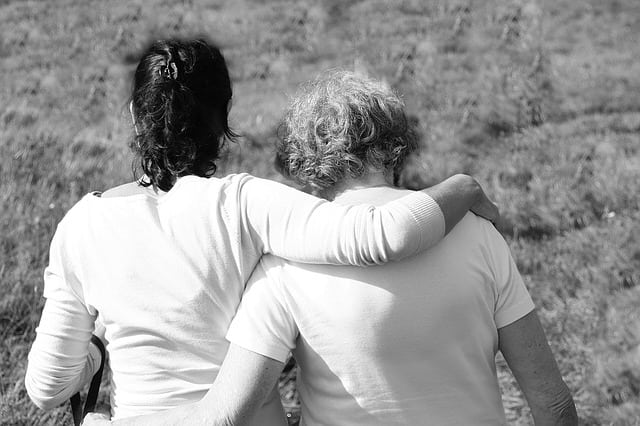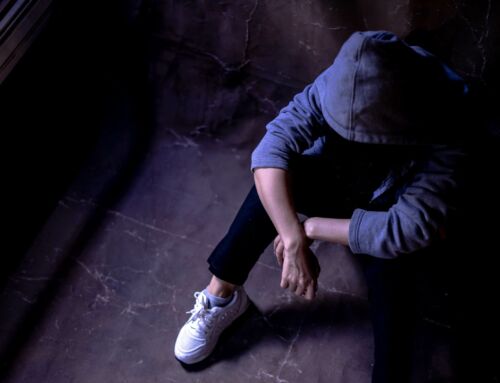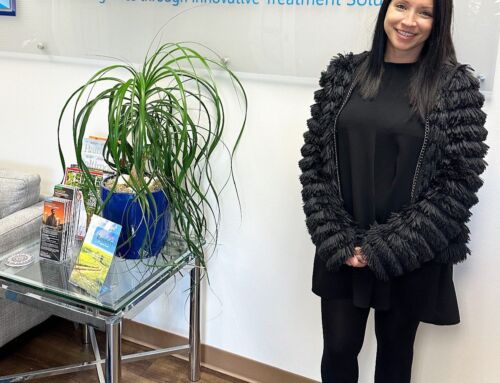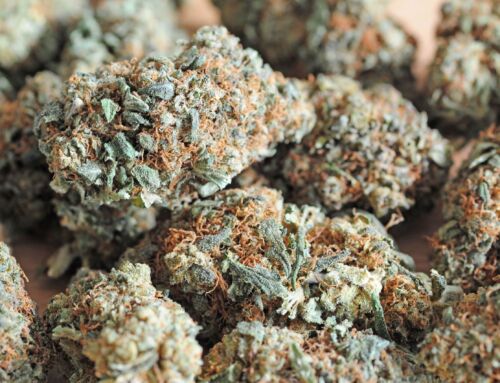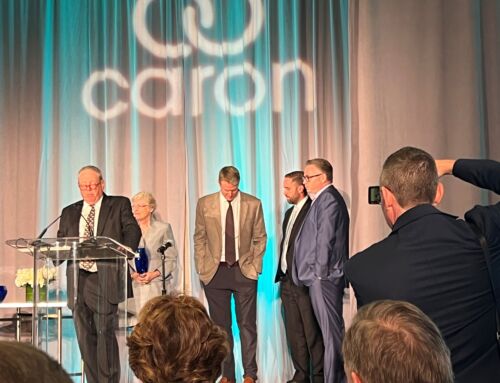Here at Maryland Addiction Recovery Center (MARC) we believe that addiction is a family disease and therefore the most effective way to treat addiction and offer the best chance at long-term recovery for the addict is to also treat the family. Treatment for the family, family education, family counseling and other family-focused programs are vital to not only help the patient recover but to also aid the family on their own recovery path to ensure the family can recover with or without the patient. Family members impacted by addiction often feel terrified, alone, ashamed and have a difficult time reaching out for help. We believe it is vitally important for families that have entered recovery to speak out about their experiences with a child or spouse suffering from addiction so that family members of addicts still suffering can find hope through these experiences.
Here is one parent’s story:
“I had this gut feeling for many years that my daughter could possibly be an alcoholic. There were times during her high school years that just did not make sense – rash decisions, highly reactive behaviors, etc. We were extremely close, but I felt the victim for years as this behavior continued into college. One side of my brain was telling me that my daughter was an alcoholic and the other side was in complete denial as my daughter was a great kid, did well in school, college, and the professional world.
There were definitely hinted calls for help, but when approached she denied anything was wrong. When she hit bottom and went into treatment, I honestly felt like my life was falling apart. A confirmed alcoholic and addict – this just didn’t happen to people like me. How could this be? I had feelings of great sadness and was scared and frightened. I felt anger, ashamed, confused, hopeless, and alone. I wanted to hide and did not want to socialize with friends. How could I tell them? I felt I would be judged. I truly became paralyzed by her actions and her outbursts towards me. I felt used, manipulated, and betrayed. The lack of honesty and distrust were overwhelming.
While my daughter was in treatment, I attended Family Education Programs, which were so incredibly helpful. I learned that addiction is truly a disease, and in time I stopped blaming myself. Yes, I enabled her with every ounce of my being, but this did not cause the disease. All of the enabling and doing things for her “to help” were, in fact, a great disservice to her. The last thing I wanted to do was to make my daughter feel incompetent, but that’s exactly what happened. I also felt resentment during this time. I was a major caregiver for her child (my grandchild) – felt I had already raised a child, why is it my job to do this again? It was emotionally and physically difficult. I truly trusted the professionals that were working with my daughter and listened to everything they told me. I quickly learned that I had to start focusing on myself and take care of my needs first. I remember being angry when I was told to seek out Al Anon meetings – “how am I going to have time for this?” But honestly, the meetings have given me much more quality time over the past few years.
When my daughter was in recovery (or not using for 2 years) it proved to be a journey of mixed emotions. Excited that she was clean, having all of the tools to stay sober and healthy, but unable to be a part of her recovery. It’s her journey, not mine! I was taught to not ask questions about meetings, sponsors, step-work, etc. As a parent, this is truly difficult. And honestly, I did ask questions at times, mainly due to a concern for my grandchild. It was obvious to me that she was not doing anything for her recovery, not following the plan of recovery that so many others had followed to ensure successful sobriety. But as I got stronger, I was able to pull back and set healthy boundaries and get out of her way.
Relapse is a worry, is real, and it happens…A LOT!. And it is also just as painful and emotional; however the way I have been able to deal with relapse is the difference. The difference is my reaction and how I have learned to react appropriately and in a healthy way to her relapse. I know I have provided a more understanding, loving, supportive, environment. The knowledge learned from 12 step programs and helping other parents in support groups etc. is pivotal in my own recovery. Staying connected to the recovery world is the best gift I can give my daughter and myself.
I knew in my heart that my daughter was struggling, but also knew I had to trust that she would reach out to me if she wanted help. The concern of my grandchild takes boundaries to a whole other level. Beyond difficult for sure! My heart was breaking as I saw my daughter not doing what she needed to do for her recovery and I also knew there was nothing I could do but pray, and remain hopeful that she would, in fact, reach out. I would text her to tell her that I love her, tell her how important she is to me, and why I need her in my life. That was all I could do, and thank God it was enough. She is back in treatment and I remain hopeful that she is ready to truly embrace the 12-step program and the recovery community and live a whole-hearted life of recovery.
I think it is important to share the emotions we as parents feel when we are dealing with the disease of addiction. Those feelings are valid and normal and we need to allow ourselves to feel them. These feelings eventually turn into compassion for our loved ones. Acceptance of our children having this horrific disease is imperative for our growth and well-being, just as if it were cancer, diabetes, or any other life threatening disease.
I always try to keep this in mind… As alone and afraid as I have felt at times, it cannot in any way compare to the dark and lonely place that my daughter lived for years. I pray she never has to live that way again.”
~a loving mom
If you or someone you know is in need of help because of drug and/or alcohol abuse or addiction, please give us a call. Maryland Addiction Recovery Center offers the most comprehensive dual diagnosis addiction treatment in the Baltimore, Maryland, Washington, DC and Virginia area. If we aren’t the best fit for you or your loved one, we will take the necessary time to work with you to find a treatment center or provider that better fits your needs. Please give us a call at (410) 773-0500 or email our team at Contact us today. For more information on all of our drug addiction and alcohol addiction services and recovery resources, please visit our website at www.marylandaddictionrecovery.com.

